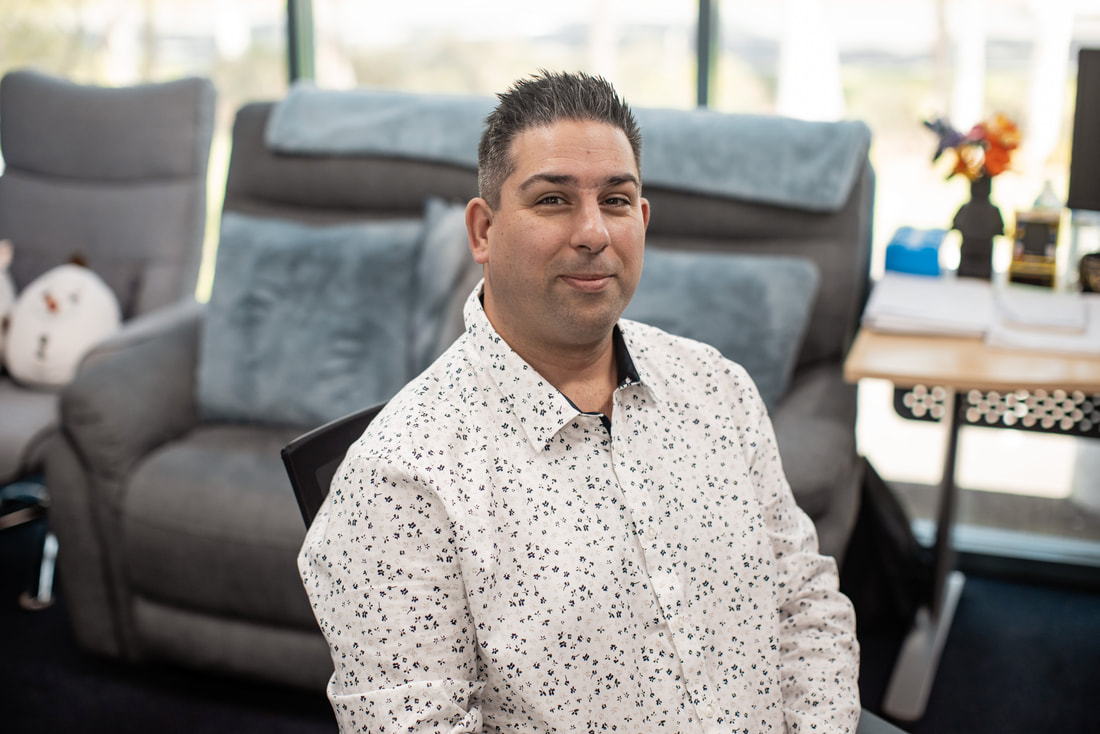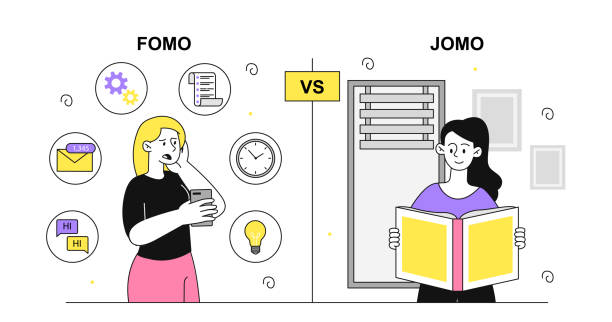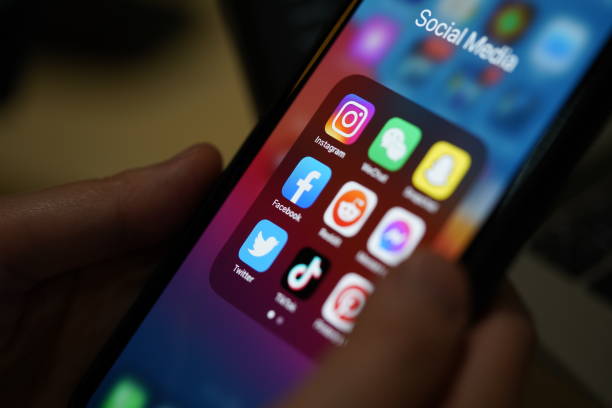About the author — Dr Nicholas HarrisDr Nicholas Harris is a clinical psychologist at Choice Point Psychology and an academic at the University of Newcastle. He provides neurodiversity-affirming cognitive, ADHD and autism assessments, and evidence-based psychological therapy for children, adolescents and adults. Nicholas has lectured in areas such as social psychology, clinical psychology, personality, research methods, statistics, psychological assessment, organisational psychology and has been an invited speaker at several local, national and international conferences. Nicholas focuses on translating research into practical strategies and works closely with families, schools and GPs to support meaningful change in everyday life. Learn more on our Meet our Team page. |
The Research: Healthy vs. Unhealthy UseOne influential study by Przybylski and Weinstein (2017) examined the impact of phone presence on relationship quality.
This shows it’s not just what you do on your phone, but how and when you use it, that shapes its impact. Other research highlights:
Tips for a Healthier Relationship with PhonesEvidence-based strategies to help adults and kids:
A Choice Point PerspectiveAt Choice Point Psychology, we work with children, teens, and adults to:
Dr Nicholas Harris often supports young people with digital habits and emotional regulation, while Belinda Allen and Jenna Wilson offer strategies for adults navigating work-life-tech balance. What Can I Do?If you’re worried about your child’s (or your own) phone use, we can help you find a healthy balance between screens and real life. □ Reach out to Choice Point Psychology to book an appointment “We shape our tools, and thereafter our tools shape us.” — Marshall McLuhan So next time you pick up your phone, ask yourself: “Am I using it, or is it using me?” □ Comments are closed.
|
|








